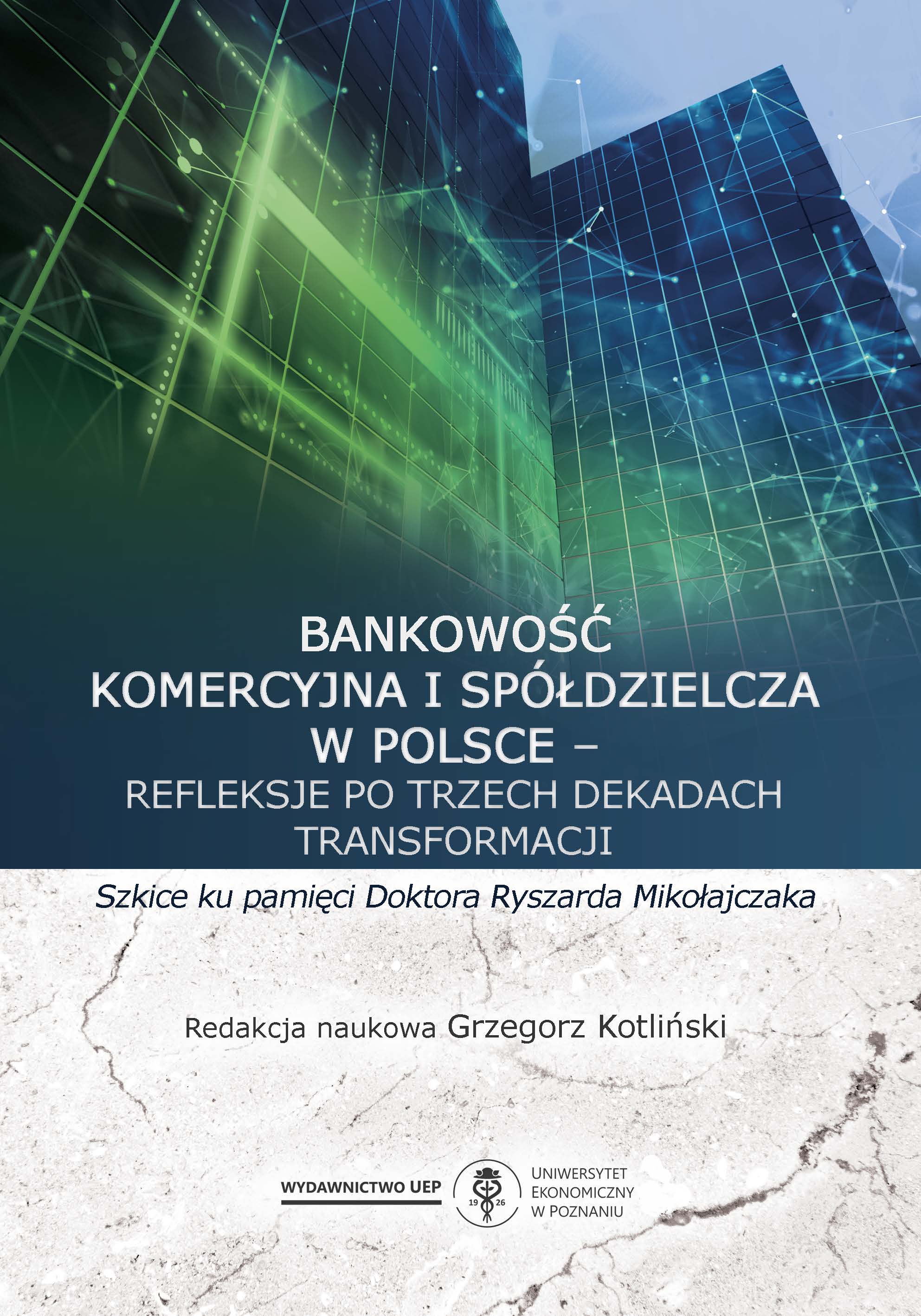Społeczna odpowiedzialność banków w Polsce w dobie pandemii COVID-19
Corporate Social Responsibility of banks in Poland during the CO VID-19 pandemic
Author(s): Krzysztof Waliszewski
Subject(s): Economy, National Economy, Supranational / Global Economy, Economic policy, Security and defense, Sociology of the arts, business, education, Economic development, EU-Approach / EU-Accession / EU-Development, Financial Markets, Marketing / Advertising, Business Ethics
Published by: Wydawnictwo Uniwersytetu Ekonomicznego w Poznaniu
Keywords: banki;społeczna odpowiedzialność banków;COVID-19;kryzys pandemiczny;
Summary/Abstract: The actions of socially responsible banks were implemented on a large scale before the outbreak of the COVID-19 pandemic and concerned such areas as environmental and climate protection, financial education, health protection, employee volunteering, patronage of culture and arts, and supporting non-governmental organizations. However, after the outbreak of the pandemic, these actions have focused in particular on the priorities and challenges of the pandemic time. The aim of the chapter is to analyze social projects implemented by banks in Poland in 2020, i.e. the year of the outbreak of the pandemic. The chapter presents the idea of corporate social responsibility on the basis of banks from the theoretical point of view. Then, in connection with the COVID-19 pandemic and the 2020+ coronavirus crisis, the focus was on describing the impact of this crisis on the situation in the banking sector in Poland, which was the background to present social activities of the largest banks in Poland related to mitigating the effects of the pandemic for various groups of stakeholders. From the presented analysis of social activities, it can be concluded that they were multidirectional and concerned bank customers, including seniors, bank employees in the field of remote work support, health and their families, remote education, scholarship programs, IT education and cybersecurity, as well as those affected by the crisis health service.
- Page Range: 87-102
- Page Count: 16
- Publication Year: 2022
- Language: Polish
- Content File-PDF

